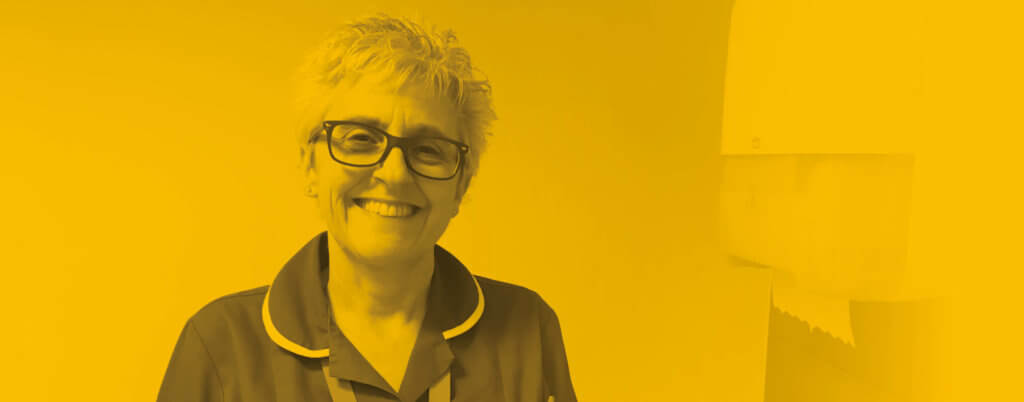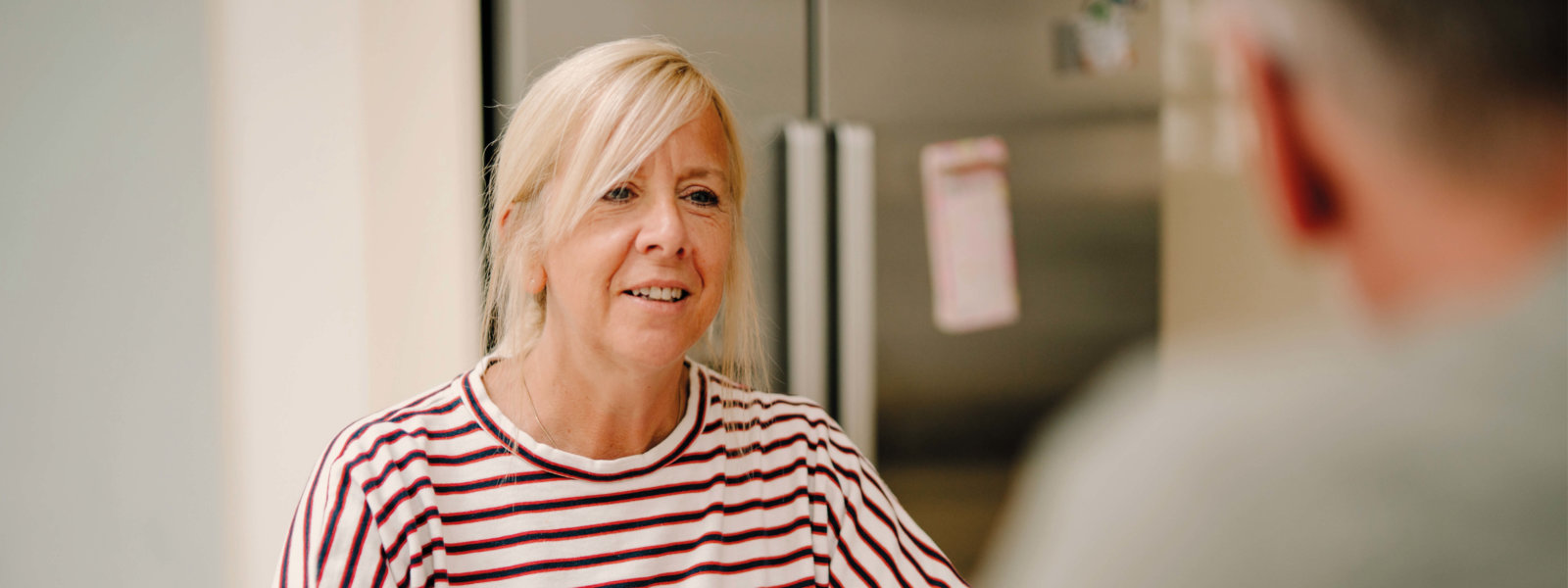What is palliative care?
“Palliative care is treatment, care and support for people with a life-limiting illness, and their family and friends.“- Marie Curie
Palliative care is often also referred to as supportive care, and its main aim is to help someone have a good quality of life.
The words ‘holistic’ and ‘wraparound’ are often associated with palliative care. This is because it addresses multiple aspects of physical and emotional wellbeing – caring for the whole person, rather than just the illness.
Palliative care can include managing physical symptoms such as pain or severe breathlessness; supporting emotional, psychological and spiritual needs; practical help with aspects of daily life such as washing and dressing, and much more besides.
You can receive palliative care at any stage of your illness, and some people access this type of care for many years. End of life care is just one part of palliative care.
PH and other illnesses can have a big impact on loved ones, and palliative care can support family and friends too.
“Palliative care and end-of-life care are not the same”

The PHA UK’s Paul Sephton is a registered nurse with many years of experience working in both palliative care and pulmonary hypertension.
“There are some serious misconceptions about palliative care and it’s a real shame as it can make such a difference not only to people with PH, but to their families too.
The biggest issue is the belief that palliative care and end-of-life care are one and the same. They are very different! You can receive palliative care at any stage of your illness, and it doesn’t mean you are dying. It’s quite the opposite – palliative care supports you to live well and at the PHA UK we believe it’s really important that people have access to this type of care as early as possible.
Palliative care is a holistic type of care. This means it addresses more than just physical symptoms; it supports your psychological, spiritual, social and other needs too, providing true ‘wraparound’ care to enhance quality of life.
And it’s not just for someone with a diagnosis of PH. One of the most beneficial aspects of palliative care is that it is there to support family and friends too, for example with caring commitments, or their own emotional wellbeing.
We know- because our members tell us – that having PH can make some people feel like a ‘burden’, and they worry about the knock-on effect to close family and friends. Palliative care can help relieve some of that worry, as it is there to support those around the patient too.”
“Palliative care is about supporting someone right from diagnosis”

Sian Richardson is a Clinical Nurse Specialist (CNS) in pulmonary hypertension. She has previously spent 14 years as a CNS in palliative care, working across hospitals and at a hospice.
“The difference that palliative care can make to patients and their families is massive. It’s about supportive care during their journey, and if they need it in the future, it can be part of their palliative care later on too.
Palliative care is holistic, supportive care. When I worked in palliative care, we might see someone for symptom management, and then not see them again for a year. It’s for all stages of the journey.
It could be for symptom management, like breathlessness and fatigue, or for psychological support – which is part of that holistic care.
The bereavement support that can be offered is so important too, especially if there are children involved.
It’s really important that if someone needs palliative care, they feel they are able to access it.
Patients and their families should feel they are able to bring up palliative care with their PH team; whoever they feel the most comfortable talking to. They don’t have to wait until a clinic appointment, they can call at any time – and some may find it easier to talk about it on the phone.
As PH professionals we will always listen to them, and help, when the time is right for them.
There are so many amazing things that palliative care can do; it’s such an asset for the patient and those around them. We need to show people what is available without them being frightened.
Sometimes the families are the biggest ‘fear barrier’. They think if palliative care is discussed with their loved one it means they will think they are dying, so they will lose their hope and stop living. But it’s the absolute opposite.
Palliative care is about supporting someone right from diagnosis. It’s truly holistic care, ‘whole person’ care, and put simply, it’s about asking ‘how are you?’
It’s about supporting the journey, and it’s important to start at the beginning.”
















